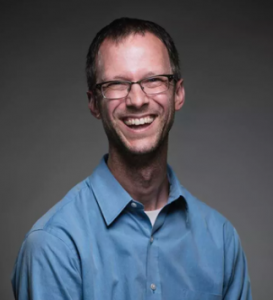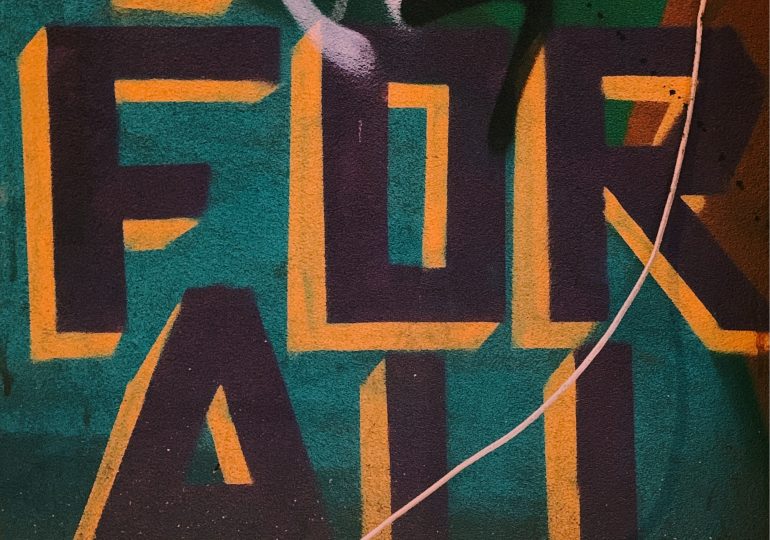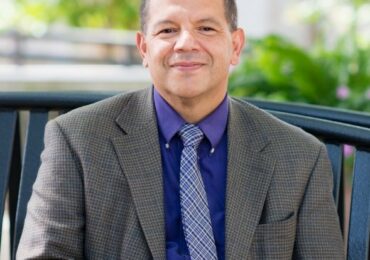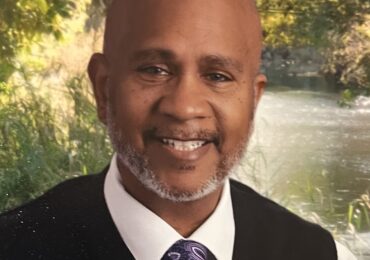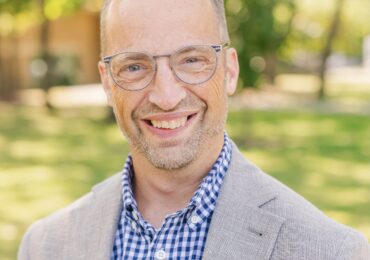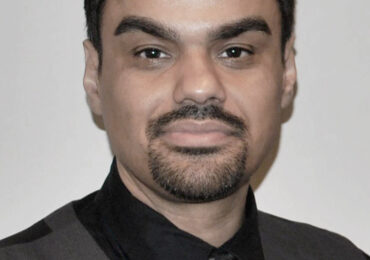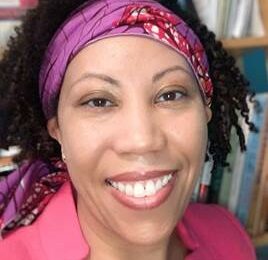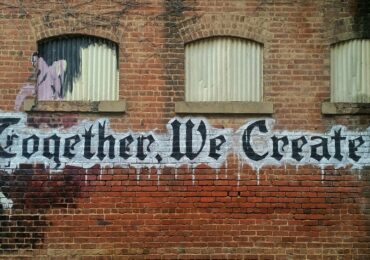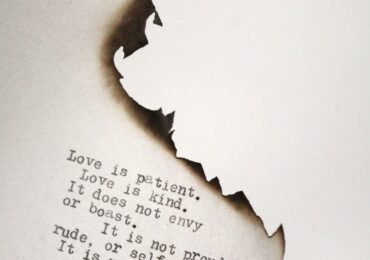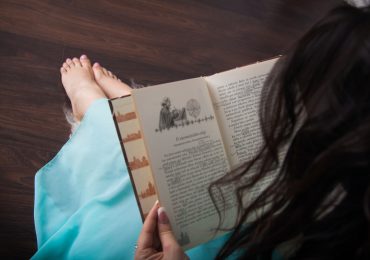“You can’t lead the people if you don’t love the people. You can’t save the people if you don’t serve the people.” Cornel West
On Wednesday, January 20, 2021, Amanda Gorman stood before the crowd outside the United States Capitol building and read her new poem, “The Hill We Climb: An Inaugural Poem for the Country.” Gorman read as the youngest inaugural poet in U.S. history, for the occasion of Joe Biden’s inauguration as president. Shortly thereafter, “The Hill We Climb” was published as a book and then appeared in Gorman’s collection, Call Us What We Carry: Poems.
I reencountered “The Hill We Climb” recently for a seminar with colleagues and students at Trinity Christian College. In hearing again Gorman’s January 20 reading of “The Hill We Climb,” I was struck by her optimism. Gorman assumes love, she assumes justice, she assumes we have a vision for doing good and that we will act on it. She states:
But with it we’ve found the power
To author a new chapter,
To offer hope and laughter to ourselves.
Gorman is an idealist, but she is not naïve. She was writing in response to the January 6, 2021, insurrection at the Capitol, and she names “the belly of the beast,” “this never-ending shade,” “the loss we carry,” and that “the norms and notions of what ‘just is’ / Isn’t always justice.” But Gorman’s perspective hinges on the key words “And yet” in line 9. She will not abandon hope, but declares:
And so we lift our gazes not
To what stands between us,
But what stands before us.
She states:
But one thing is certain:
If we merge mercy with might, and might with right,
Then love becomes our legacy,
And change, our children’s birthright.
Gorman concludes also in hope:
For there is always light,
If only we’re brave enough to see it,
If only we’re brave enough to be it.
Throughout “The Hill We Climb,” Gorman’s words articulate what she urges in her poem “Every Day We Are Learning”: “We cannot possess hope without practicing it” (Call Us What We Carry, 52).
Alongside “The Hill We Climb,” we seminar participants read Cornel West’s reflection “Courage.” My initial response was that the juxtaposition was striking. In his conclusion, West states, “I am not an optimist at all,” seeming to present a very different perspective from Gorman. Perhaps West is looking at the enormity of the problems and thus feels unable to state a belief that change will come. But even while denying optimism, West does in fact present a hope-filled vision for American democracy. He issues a call to courage that is also a call to compassion, to recognize “that one’s connection to the suffering of others is an integral part of understanding yourself.”
A key point in West’s essay is that “ordinary people” (as opposed to “elites”) have the capacity to think critically, to not conform to the status quo, and to stand up and oppose injustice. West’s vision is deeply Christian, calling us to view American history “from the bottom up,” that is, from the perspective of persons who have been and are systemically oppressed in this nation. He names this as viewing the world “through the lens of the cross,” but also states that it “is too often a minority view within the Christian community because it requires too much love, too much courage.”
In reflecting on Gorman and West, I hear many words of guidance for our work as teachers and learners. We are called to hope and joy, despite the brokenness we see in the world. We are called to tear down divisions and instead pass on a legacy of mercy and love. We are called to help students see, and be, the light this world so much needs.
We are called first to love rather than lead, to serve rather than save. We are called to love truth, speak truth, live truth. We are called to oppose injustice and domination. We are called to wisdom and honesty and to help students think for themselves as they pursue truth, wisdom, and honesty. We are called to view the world through the lens of the cross and to invite students to this vision.
We are called to practice courageous hope.
References:
Gorman, Amanda. The Hill We Climb: An Inaugural Poem for the Country. Viking, 2021.
Gorman Amanda. Call Us What We Carry: Poems. Viking, 2021.
West, Cornel. “Courage.” In Readings for Diversity and Social Justice, 4th ed. Edited by Maurianne Adams, Warren J. Blumenfeld, D. Chase J. Catalano, Keri Dejong, Heather W. Hackman, Larissa E. Hopkins, Barbara Love, Madeline L. Peters, Davey Shlasko, and Ximena Zuniga, 635-36. Routledge, 2018.
